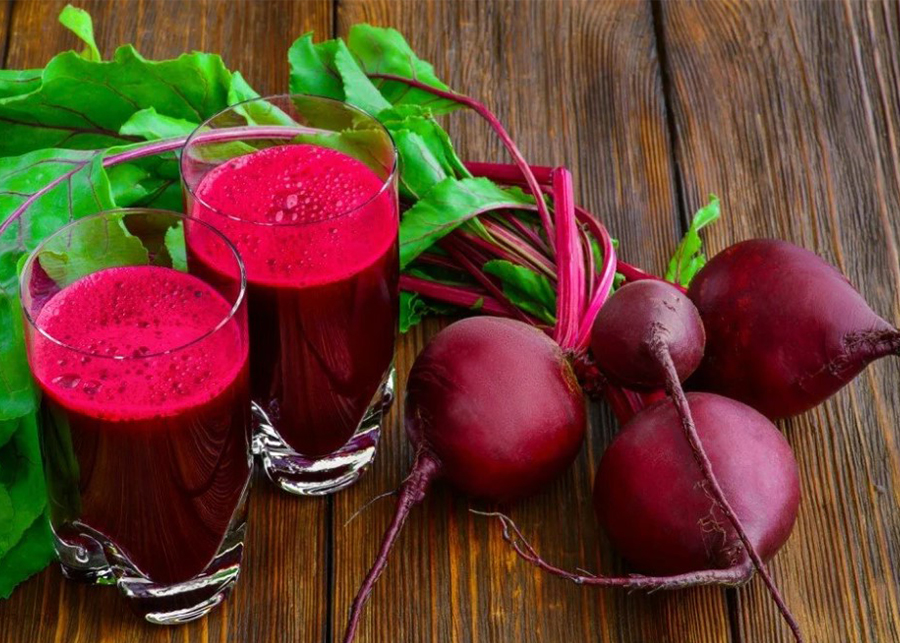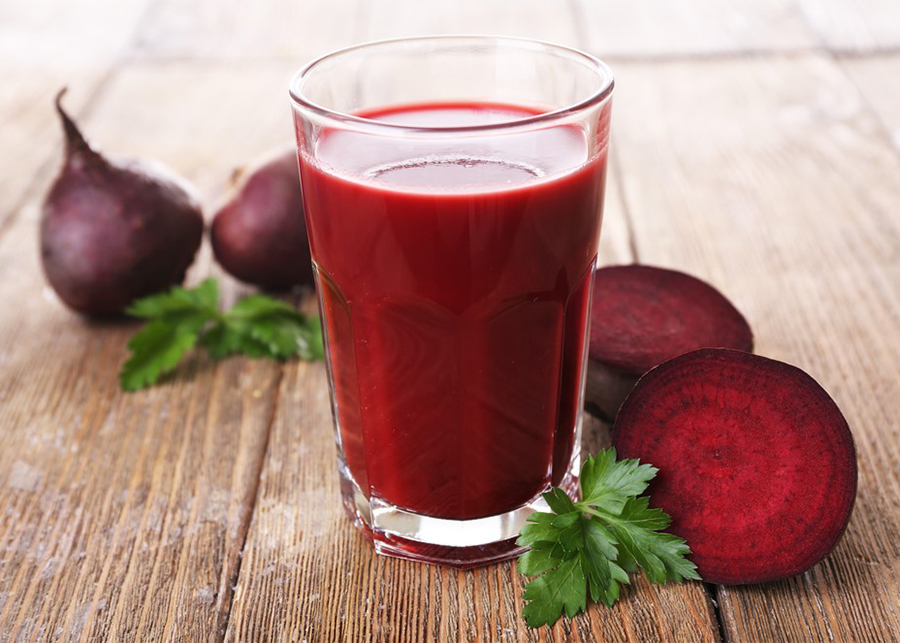Beet juice comes with a host of health benefits. It has a rich nutritional profile that includes magnesium, manganese, and good quantities of vitamin C and B-complex vitamins. Several studies show that beet juice lowers blood pressure, reduces the risk of cardiovascular disease, improves gastrointestinal health, works as an antioxidant agent and lowers cholesterol for people at high risk for heart disease.
There are numerous health benefits of beet juice. Its high fiber content makes it a good choice for the tummy. However, it should be kept in moderation because excess amounts can lead to upset stomach, flatulence, and loose stools. Although no evidence exists that beet juice causes skin allergies, some people may experience these effects for a variety of reasons. Nonetheless, beet juice does lower blood pressure and may improve gastrointestinal health.

Dietary fiber slows digestion
Despite the benefits of dietary fiber, many researchers still have difficulty defining exactly what it is. The World Health Organization and the Food and Agriculture Organization use different definitions for fiber and carbohydrates, although both are based on the separation of carbohydrates. The American Association of Cereal Chemists (AACC) defines dietary fiber as a polysaccharide with three or more monomeric units. The World Health Organization definition, on the other hand, excludes polysaccharides hydrolyzed by digestive hormones in the small intestine. Because the definition is less specific, the general public can easily understand the effects of dietary fiber.
Vitamin C
Adding beet juice to your diet can have many benefits, including improved cardiovascular function. In one study, participants took 17 oz of beet juice each day, and their performances improved by up to 1.6 percent. Moreover, the juice improved their performance when they performed at high altitudes. The researchers say that high levels of nitrates in beet juice convert to nitric oxide, which improves circulation and increases blood oxygen.
Potassium
The natural source of potassium is beetroot, which supplies about 11% of the recommended daily intake. This mineral improves blood vessel function and reduces the risk of cardiovascular diseases. High blood pressure patients should increase their potassium intake through the diet, but this may be dangerous for people with pre-existing kidney conditions. If you’re unsure whether or not you should consume beet juice, check with your doctor before drinking it.
Iron
There are many iron benefits of beet juice. Beets are a superfood that are loaded with vitamins A, C, and B complex. They are also high in minerals such as magnesium, iron, copper, and phosphorus. They may even improve athletic performance. And they are a good source of antioxidants. Beet juice is also high in antioxidants. In addition to its iron content, beets are packed with vitamins, including vitamin A, vitamin C, and vitamin B-6.
Decreases blood flow to the brain in older adults
In a recent study, researchers from the Martinos Center for Biomedical Imaging and other
centers found that older adults had a reduced cerebral blood flow. The authors found that cerebral blood flow was less regulated in older adults than in younger adults, and that the transmission of pulsatile blood velocity to cerebral circulation was greater in older people. This may explain why cerebral blood flow tended to decline as people aged, as older people’s arteries were stiffer and less responsive to acute elevations of blood pressure.
Prevention of chronic inflammation
The beneficial effects of beetroot juice are often overlooked. These nutrients are abundant in the body, including in the digestive tract, where they are rich in phytochemicals and bioactive compounds. There is promising evidence that chronic beetroot juice supplementation may help regulate blood pressure, insulin hemostasis, and renal health. It may also alter the microbiome, which may influence blood pressure and kidney function.
Antioxidant properties
Beet juice contains anti-oxidant properties. This fruit is also known for its anti-inflammatory properties. Recent research has shown the protective effect of beetroot extracts in vitro. They inhibit radical formation and reduce the amount of glutathione peroxidase in cells. The antioxidant effects of beet juice are indirect, but still provide a high level of protection against oxidative stress and inflammation.

Blood pressure lowering
A study published in the Journal of Nutrition found that beet juice can lower blood pressure, and the benefit was most apparent among those with uncontrolled hypertension. This may explain the inconsistencies in the medical literature regarding beet juice. However, in one study, researchers concluded that beet juice is an excellent way to control high blood pressure without a prescription drug. In a recent review of non-drug methods for controlling blood pressure, researchers noted that beet juice lowered systolic blood pressure more effectively than did beets.
Health Benefits of Beet Juice Result
The evidence we have so far indicates that beet juice is beneficial for anyone with high blood pressure, and it may be especially effective among those with uncontrolled hypertension. Further research may help to identify the mechanisms behind this effect, which may ultimately lead to the development of another natural way to manage blood pressure.







